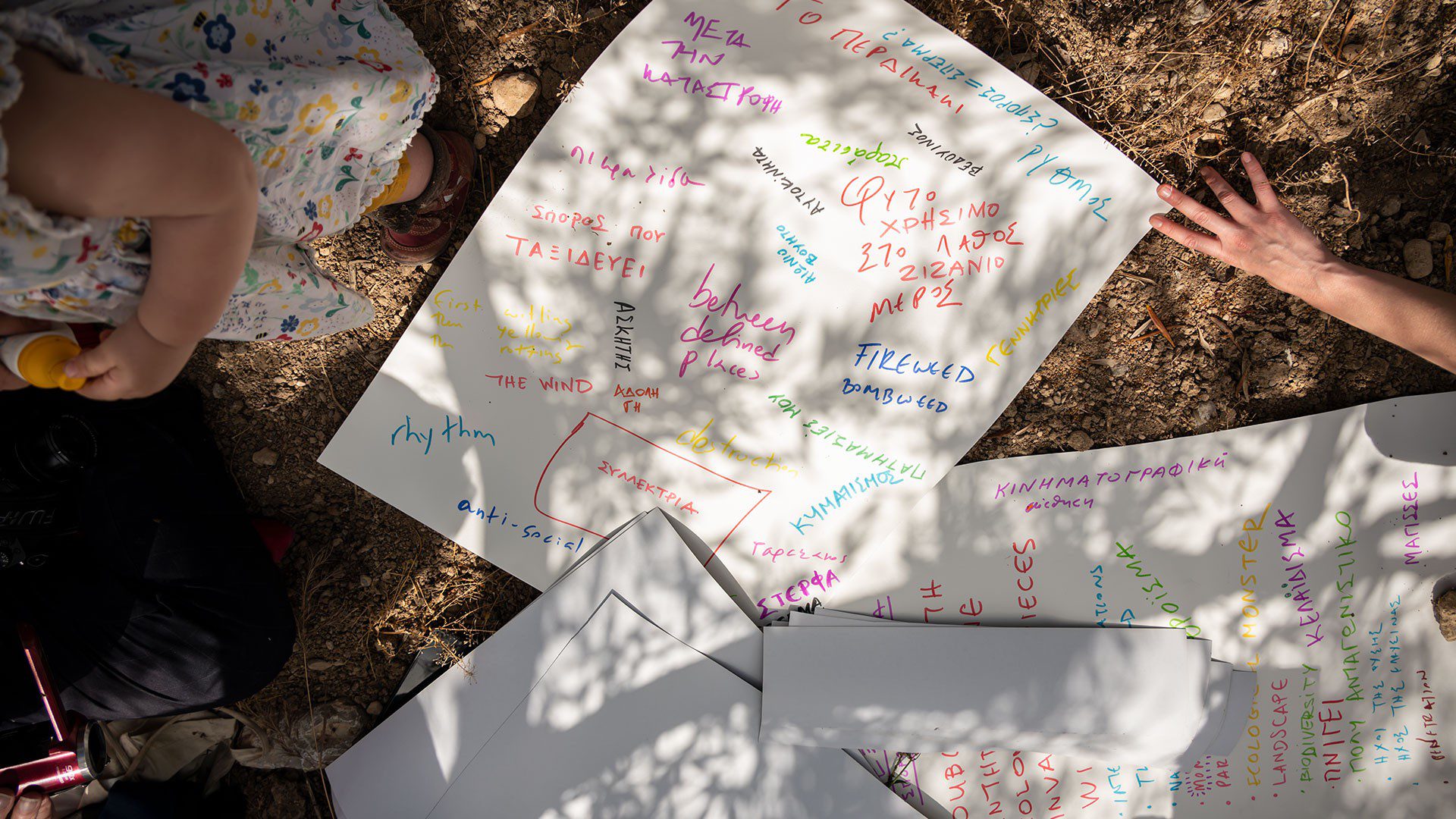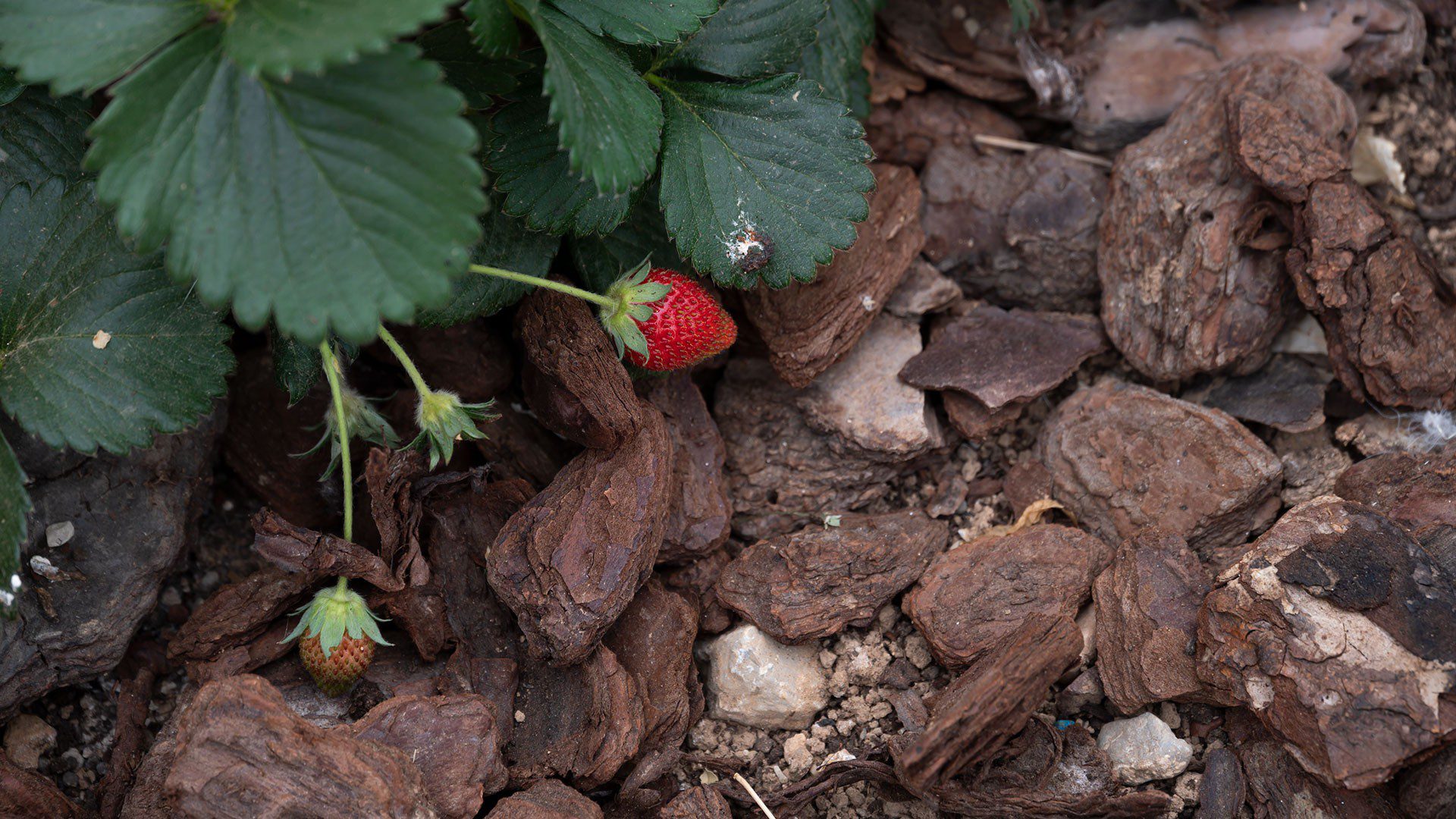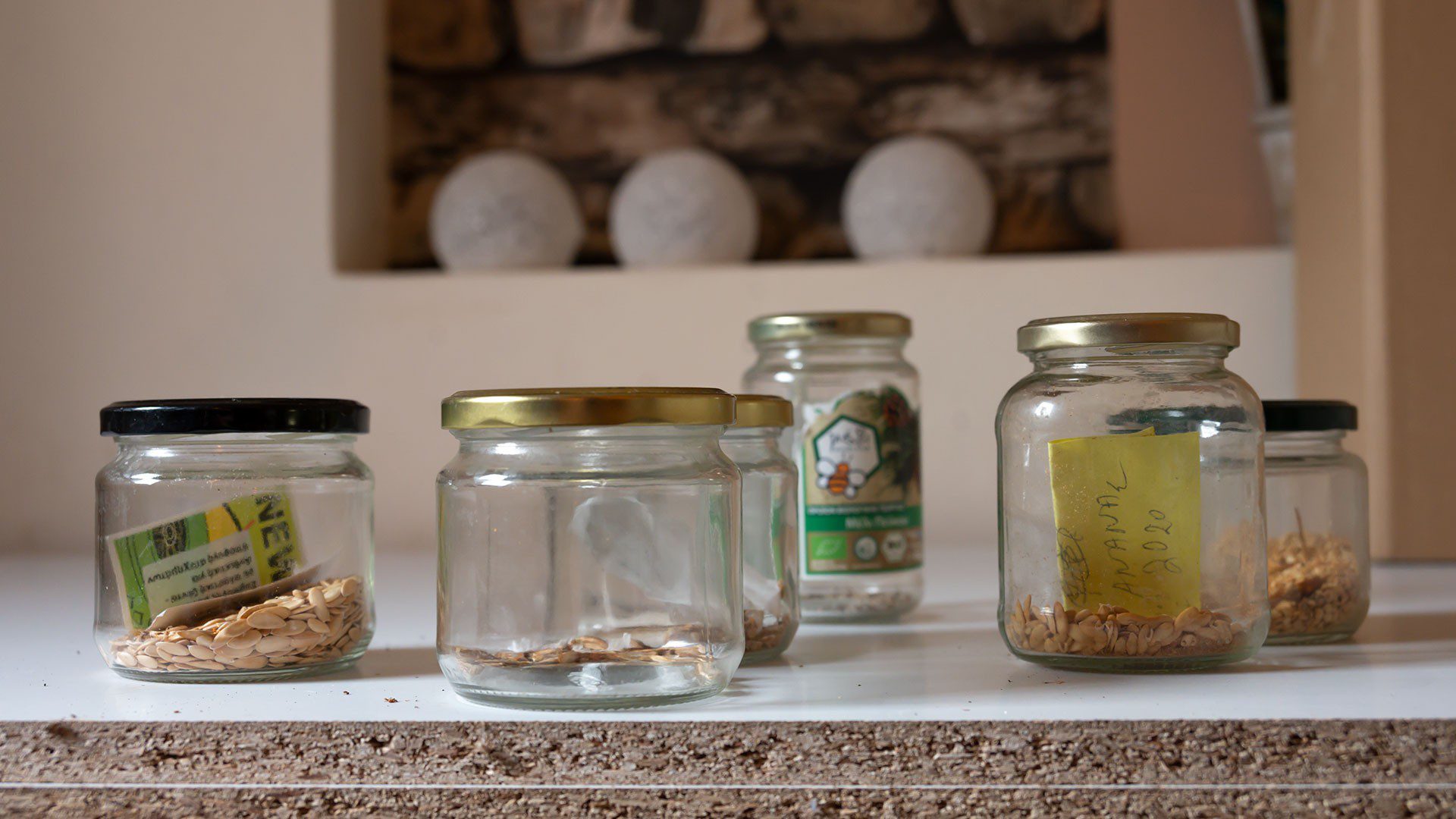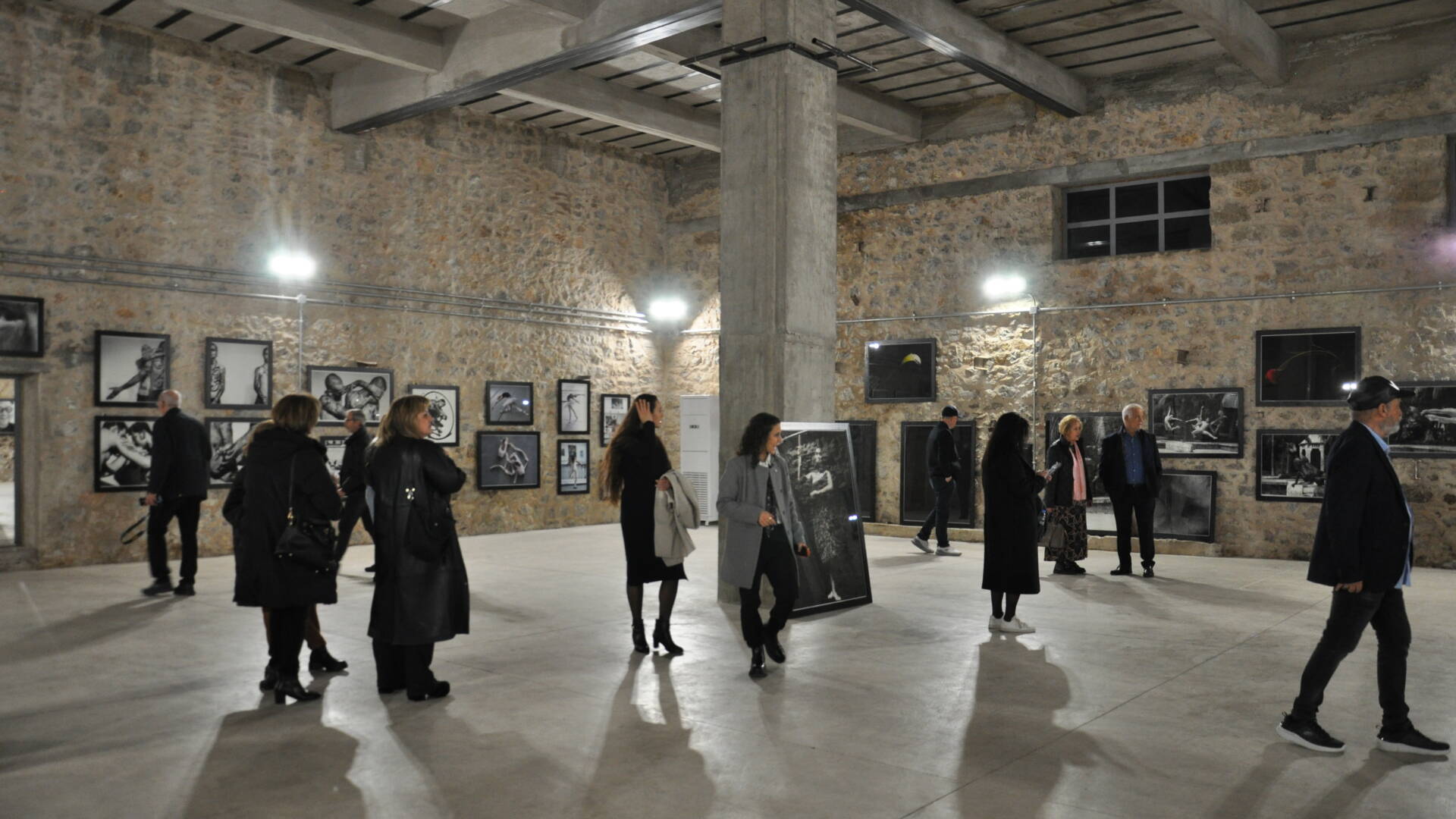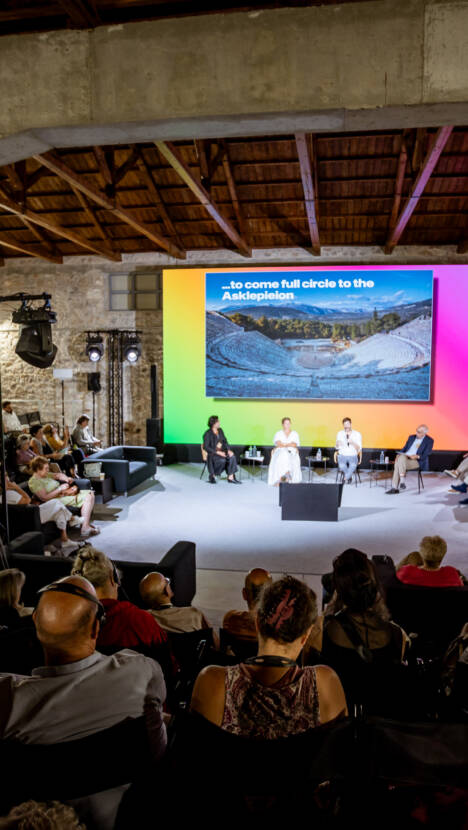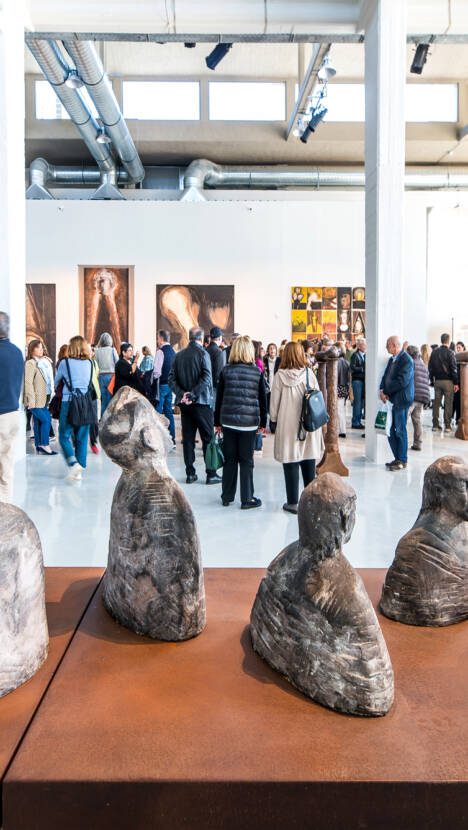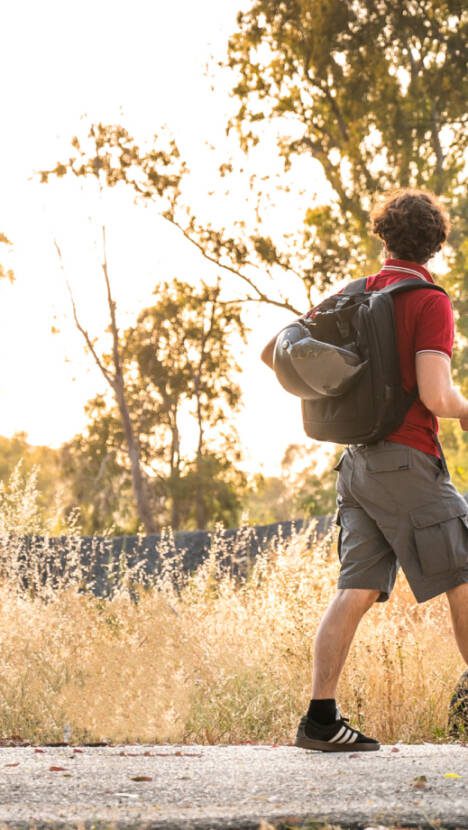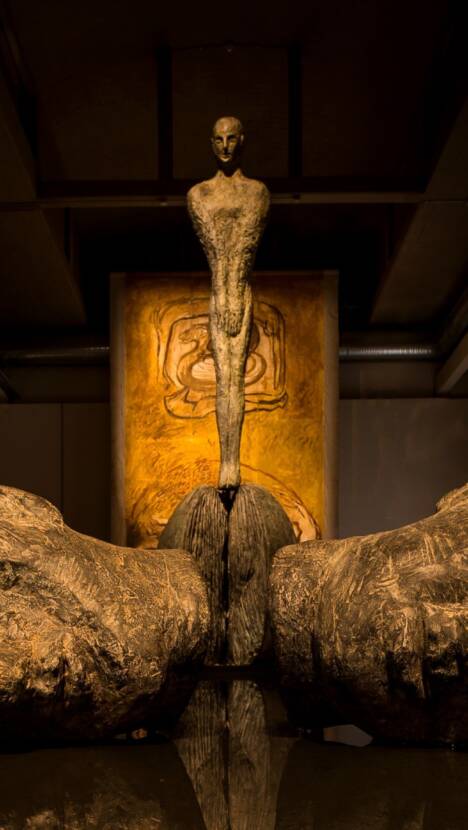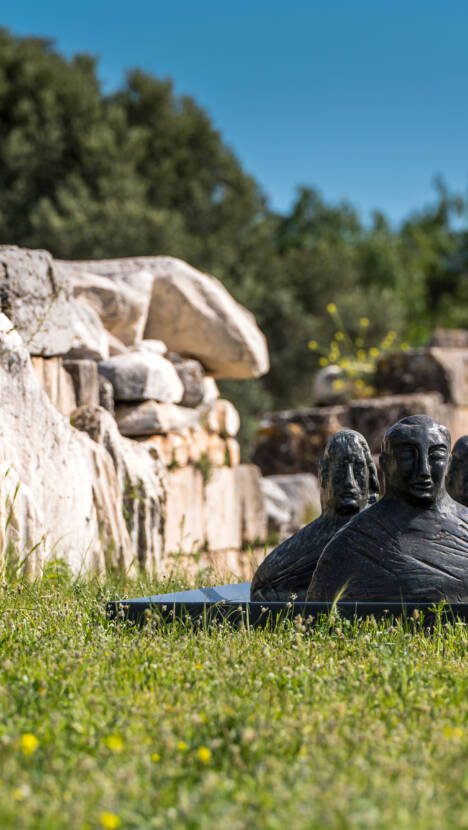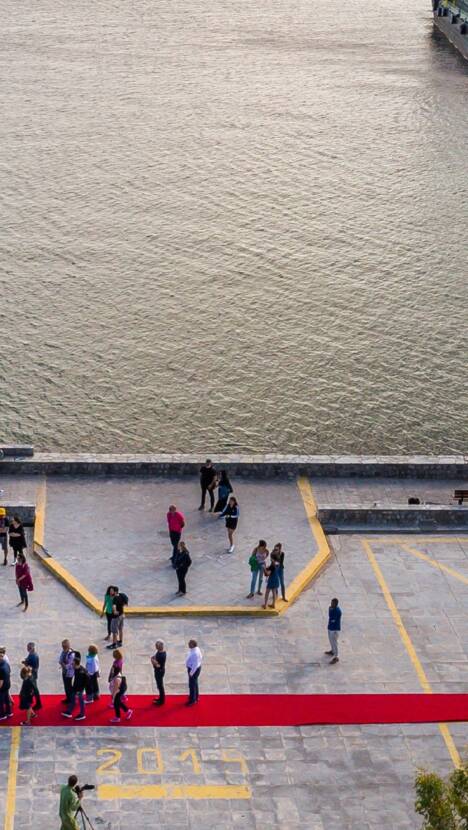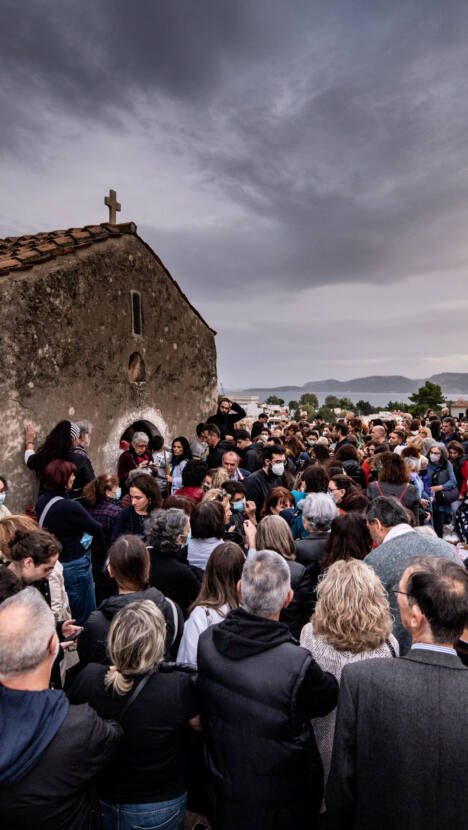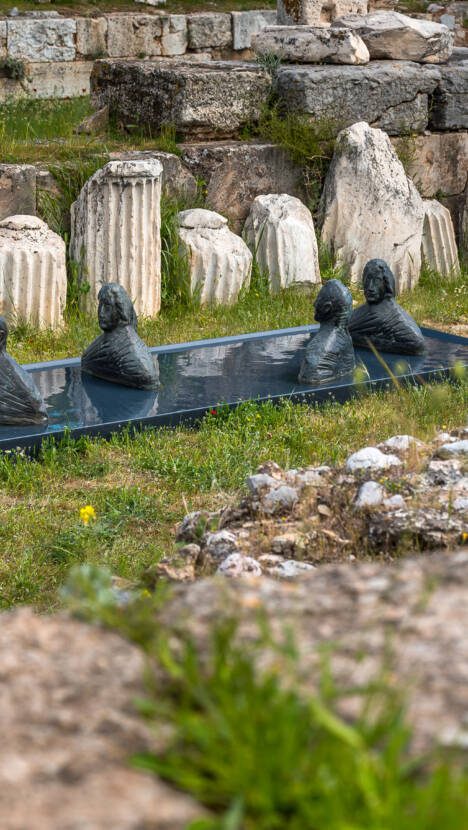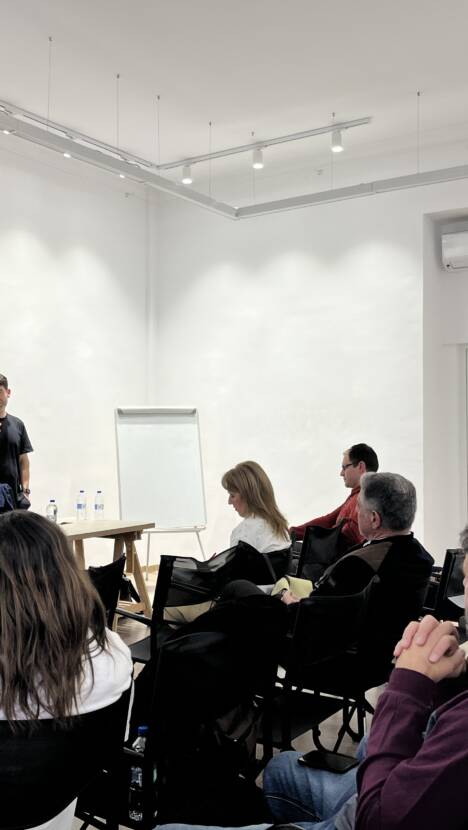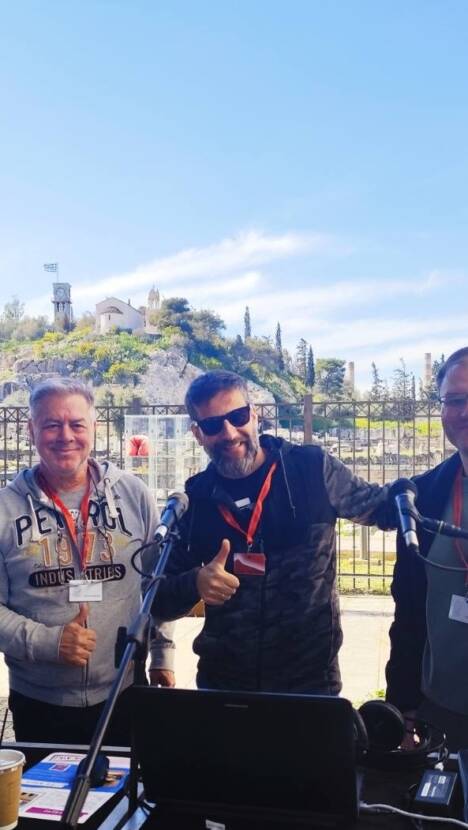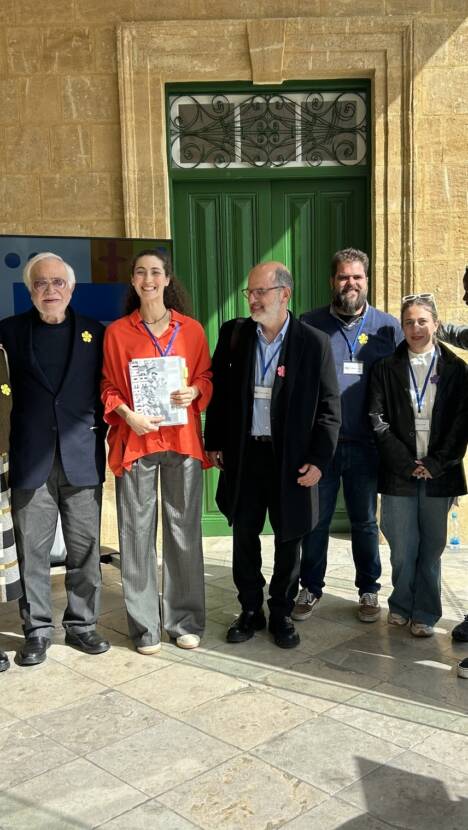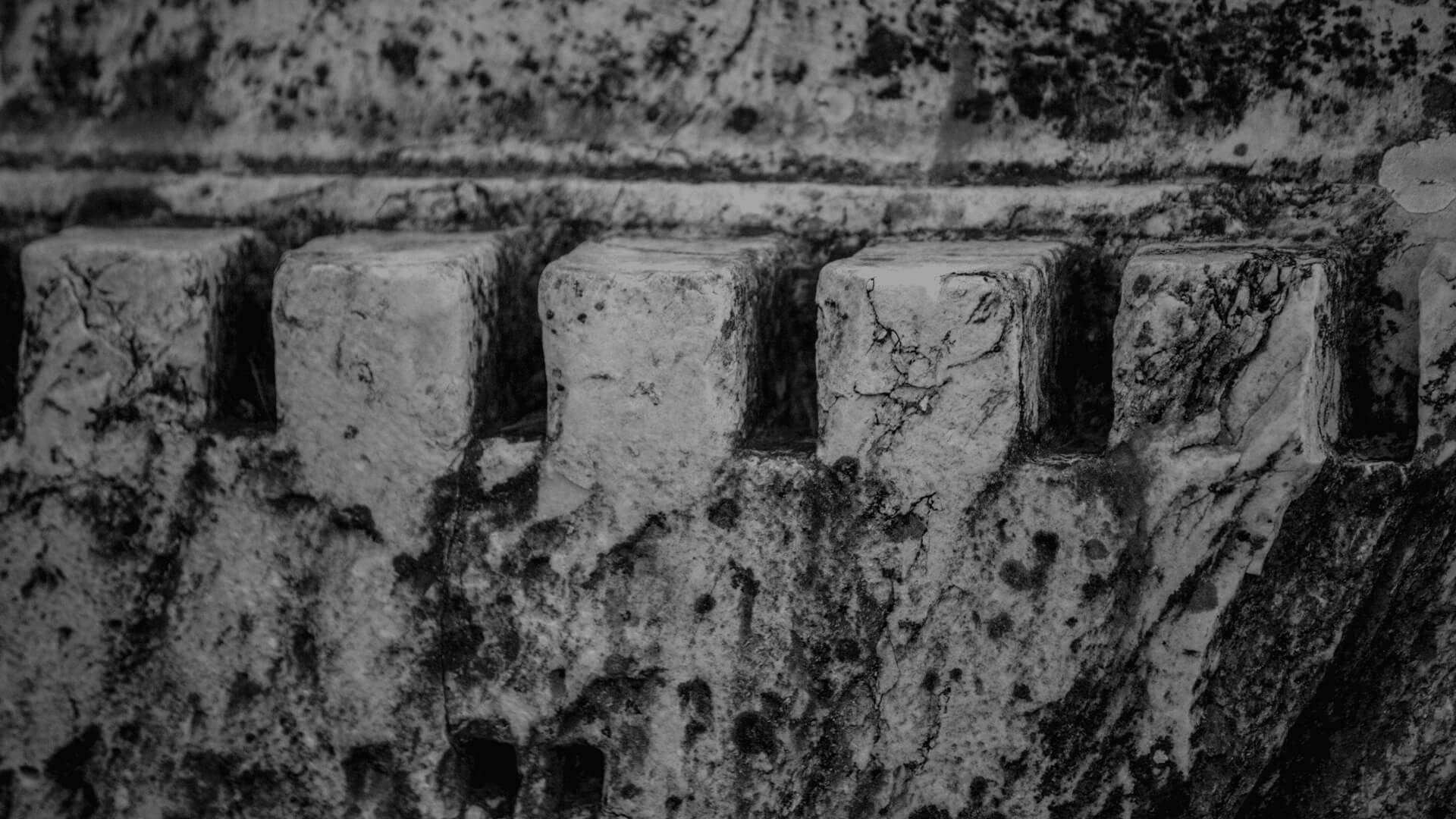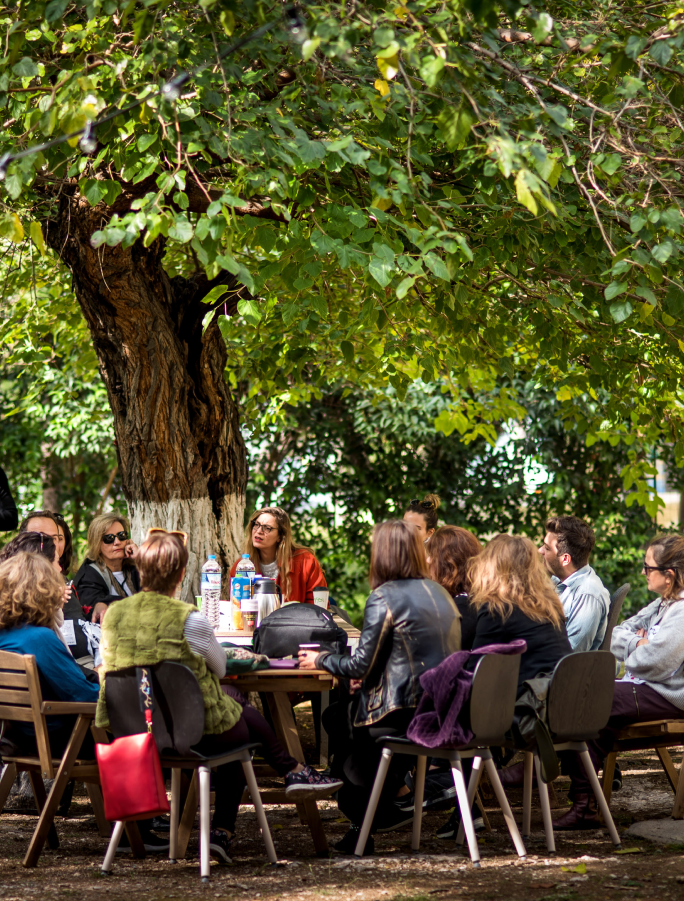Time
19:00
Last spring, exploring the poetic and political interrelations between production, development, parasitism and inertia, the participatory workshops “Together, All Islands Make an Archipelago” and “Seeds and Weeds” showcased the local ecosystems and the mutual support
networks. Through interdisciplinary collaborations between scientists and artists, the EIGHT team promoted educational approaches that trace the rhythms and forms of the sea and the flights of seeds. At the IRIS Factory, a video-artwork that was produced from the workshops will be presented, as well as a participatory performance open to the public, which will attempt to create an ephemeral intervention with practices and materials that have been used during the workshops.
In particular, during the workshops, author-activist Vaso Kanellopoulou from the Sito Seeds network informed participants about seed banks and the current Greek and European legislation regarding seeds, while the team of artists and researchers “I broke the vase” (Eva Matsigkou and Nefeli Sani) initiated them in practices of deep listening; biologist Lefteris Bitzilekis made a presentation about the biodiversity and the particularity of the Aegean flora and fauna through a retrospection into the deep geological past, while dancer-researcher Christina Karagianni helped participants to translate the acquired knowledge into kinesiological and gestural patterns; we focused on highlighting the importance of the Aegean archipelago as a useful model for addressing important questions about biogeography, ecology and evolutionary processes. Reviewing theories about the birth and formation of island clusters as well as theories about island autonomy and/or interdependence, we aimed to explore symbiotic structures, local ecosystems and networks of mutual support. Agronomist-educator Dimitris Tachias spoke about the routes and evolutionary stages of seeds, while during our visit to the organic multifunctional farm “Perivolaki” in Megara we discovered a model project of plant and animal production.
Participatory workshops included zones of collective readings, creative writing, recollection, the creation of a unique dictionary, discussions and exchange of views. The multi-layered activity “School of Waves and Weeds” generated a lively discussion about the critical new practices, methodologies and educational approaches that respond to current needs and their corresponding implications in the urban, natural and sociopolitical field.
